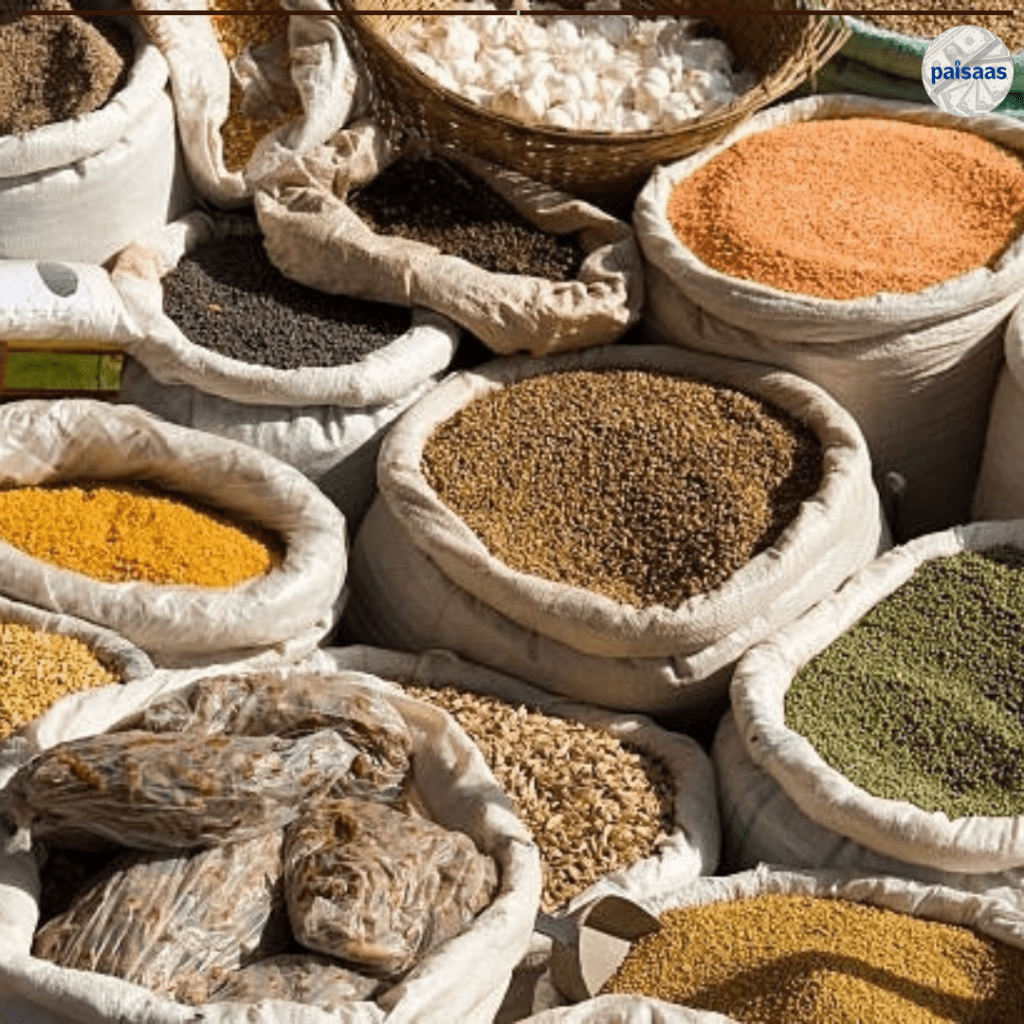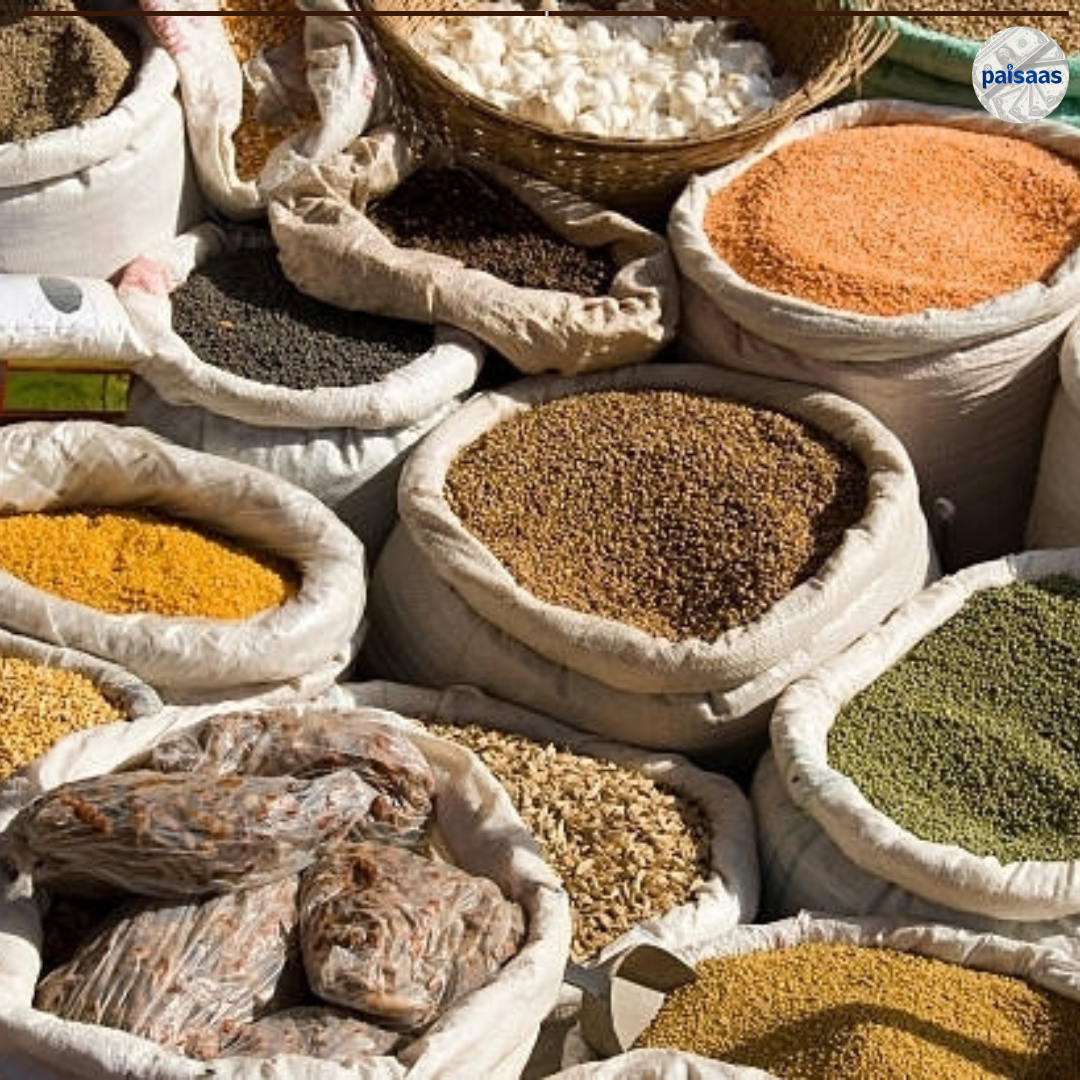

“The Thriving World of Commodities Markets: An Exploration of Trading, Prices, and Global Impact”
Commodities markets play a vital role in the global economy, serving as a platform for the buying and selling of raw materials and essential goods. These markets, often overlooked by the general public, are the backbone of various industries, impacting everything from food prices to energy costs. In this article, we delve into the fascinating world of commodities markets, exploring their trading mechanisms, price dynamics, and significant global impact.
At its core, a commodities market is a platform where various tangible goods are traded. These goods can be broadly classified into four main categories: agricultural products (such as wheat, corn, and coffee), energy resources (such as oil, natural gas, and coal), metals (such as gold, silver, and copper), and livestock (such as cattle and hogs). Commodities markets provide a space for producers, consumers, and speculators to buy or sell these goods in standardized contracts.
Trading in commodities markets can take place through different methods, including spot trading and futures contracts. Spot trading involves the immediate exchange of goods for cash, while futures contracts allow traders to buy or sell commodities at a predetermined price for delivery at a later date. Futures contracts provide stability and hedging opportunities for both producers and consumers, allowing them to mitigate price volatility and plan their operations more efficiently.
Price dynamics in commodities markets are influenced by a variety of factors. Supply and demand play a significant role, with factors like weather conditions, geopolitical events, and technological advancements impacting production levels and consumption patterns. For example, adverse weather conditions affecting agricultural regions can lead to reduced crop yields and higher prices for grains, while geopolitical tensions in oil-producing regions can cause fluctuations in energy prices.
Speculation also plays a crucial role in commodity prices. Speculators, who are not directly involved in the production or consumption of commodities, engage in trading to profit from price movements. Their activities can amplify price swings, as they bet on future price changes based on their analysis of market conditions. While speculation can contribute to market liquidity and price discovery, it can also lead to increased volatility and price distortions if not regulated properly.
The impact of commodities markets extends far beyond their trading floors. Changes in commodity prices have a ripple effect on the global economy, influencing a wide range of industries and consumers. For instance, rising oil prices can increase transportation costs, affecting industries that rely heavily on fuel, such as airlines and shipping companies. Similarly, fluctuations in agricultural commodity prices can directly impact food prices, affecting both producers and consumers worldwide.
Commodities markets are also closely intertwined with financial markets. Investors often include commodities as part of their diversified portfolios to hedge against inflation or take advantage of price movements. Commodities indices, such as the S&P GSCI or the Bloomberg Commodity Index, provide benchmarks for tracking the performance of various commodities and serve as a reference point for investors.
Furthermore, commodities markets can have socio-economic implications for producing countries. Countries heavily dependent on commodity exports may experience economic booms or busts depending on price fluctuations. This dependency can pose challenges in terms of economic diversification and stability, as well as issues related to income inequality and sustainable development.
Conclusion
In conclusion, commodities markets are dynamic and vital components of the global economy. These markets facilitate the trading of raw materials and essential goods, influencing prices across various industries. Understanding the mechanics of commodities trading, the factors driving price dynamics, and the significant global impact is essential for businesses, policymakers, and consumers alike. By monitoring and analyzing commodities markets, stakeholders can make informed decisions and navigate the complex web of global supply and demand dynamics more effectively.




